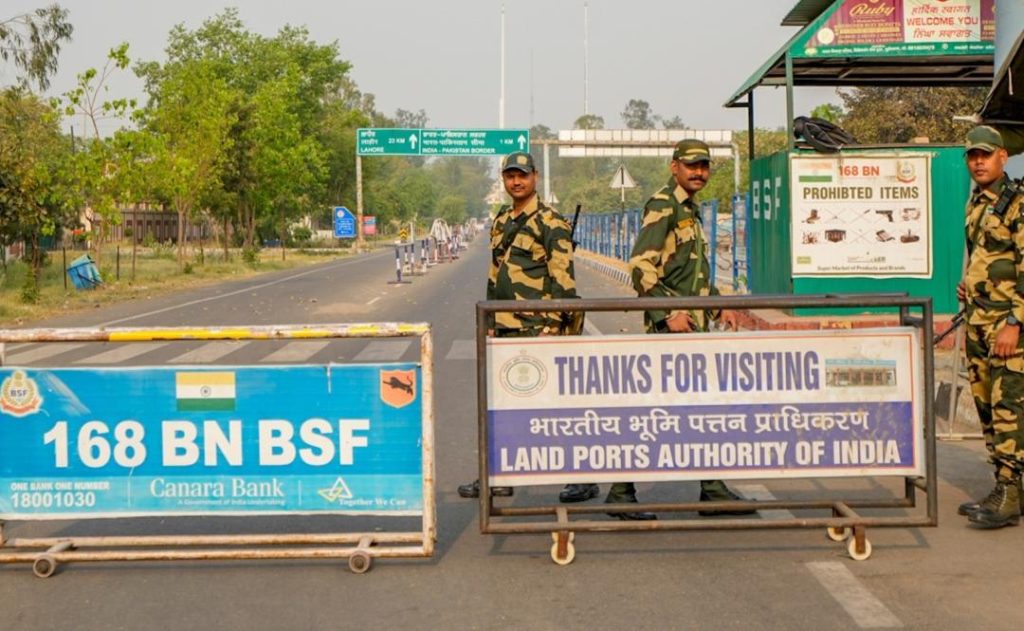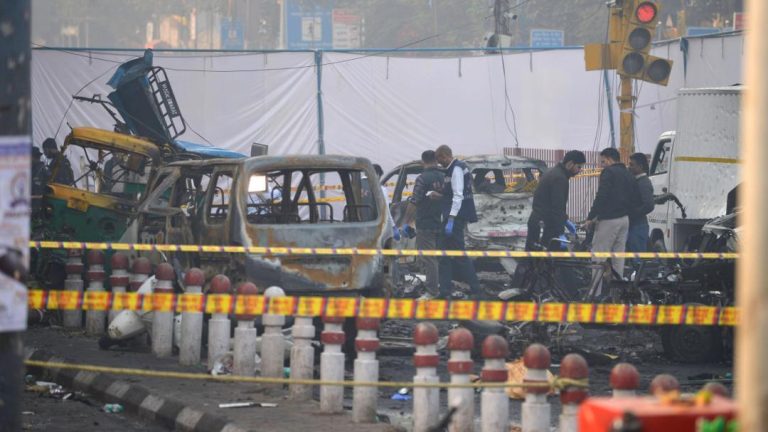
Attari-Wagah Border between India & Pakistan Completely Closed
In a significant development, the Attari-Wagah border between India and Pakistan has been completely closed, according to a report by PTI. The news has sent shockwaves across the region, with many wondering what triggered this sudden decision.
As of Thursday, no person from either side was allowed to cross over to the other side, a stark contrast to the usual routine of thousands of people who cross the border daily. The closure is a result of a series of events that have been unfolding in recent days.
In a move that was seen as a response to the recent Pahalgam terror attack, in which 26 tourists were killed, India had been deporting Pakistani nationals who had entered the country illegally. However, Pakistan had refused to accept these deportees, citing humanitarian concerns.
The deportation of Pakistani nationals had been a contentious issue, with Pakistan accusing India of violating human rights and international law. India, on the other hand, had maintained that it was simply exercising its sovereign right to deport illegal immigrants.
The closure of the Attari-Wagah border is seen as a significant escalation of tensions between the two countries, which have been at odds over a range of issues in recent years. The border is one of the most heavily militarized in the world, with both countries having deployed thousands of troops on both sides.
The impact of the closure on trade and tourism is likely to be significant. The Attari-Wagah border is a major trade route, with goods worth millions of dollars being exchanged daily. The closure of the border is likely to disrupt the supply chain and have a ripple effect on the economies of both countries.
For tourists, the closure of the border means that they will have to find alternative routes to travel between India and Pakistan. This is likely to be a inconvenience for many, as the Attari-Wagah border is one of the most popular tourist routes in the region.
The closure of the border is also likely to have a significant impact on the diplomatic ties between India and Pakistan. The two countries have been engaged in a bitter feud over a range of issues, including Kashmir, terrorism, and trade.
The Pahalgam terror attack had sparked widespread outrage in India, with many demanding a strong response from the government. The attack was seen as a major escalation of tensions between the two countries, which had been simmering for months.
In the aftermath of the attack, India had launched a series of military operations against Pakistani positions in Kashmir. Pakistan had responded by launching its own military operations along the Line of Control (LoC), which has seen increased violence and casualties in recent weeks.
The closure of the Attari-Wagah border is a clear indication that the situation between India and Pakistan is far from being resolved. The two countries are locked in a bitter standoff, with neither side willing to back down.
As the situation continues to unfold, it is clear that the closure of the Attari-Wagah border is a significant development that has far-reaching implications for the region. The impact on trade, tourism, and diplomatic ties between India and Pakistan is likely to be significant, and it remains to be seen how the situation will evolve in the coming days.






